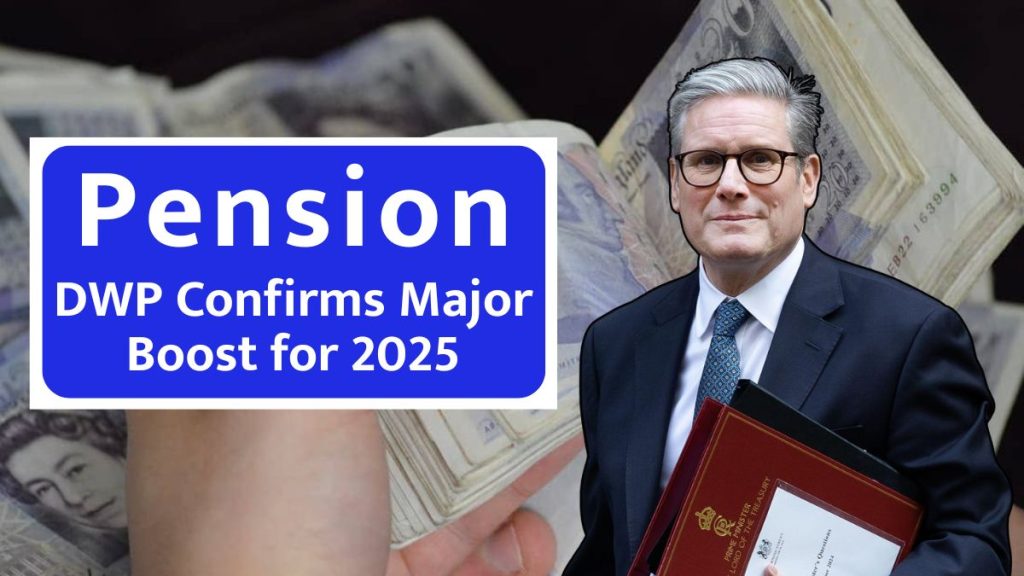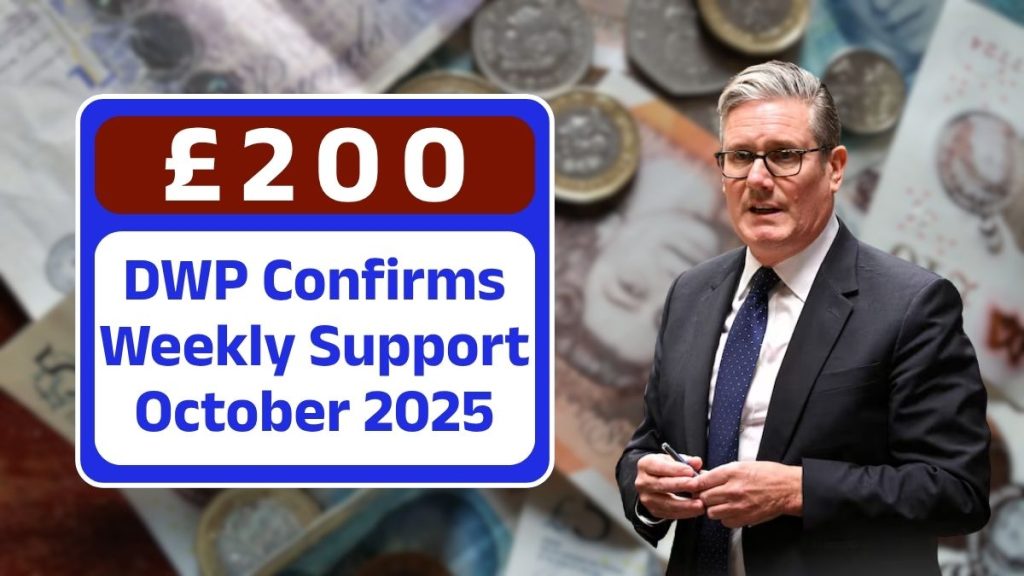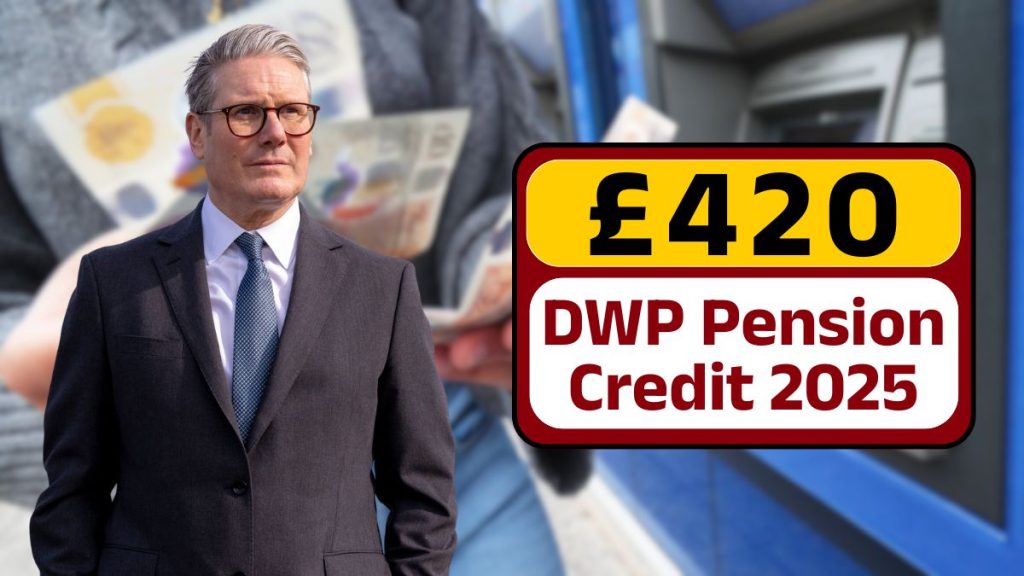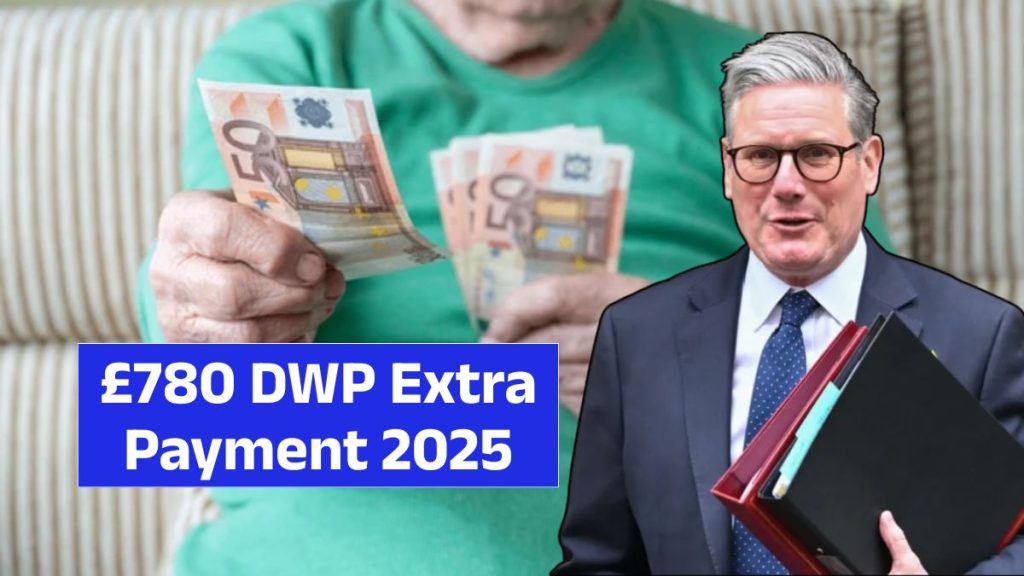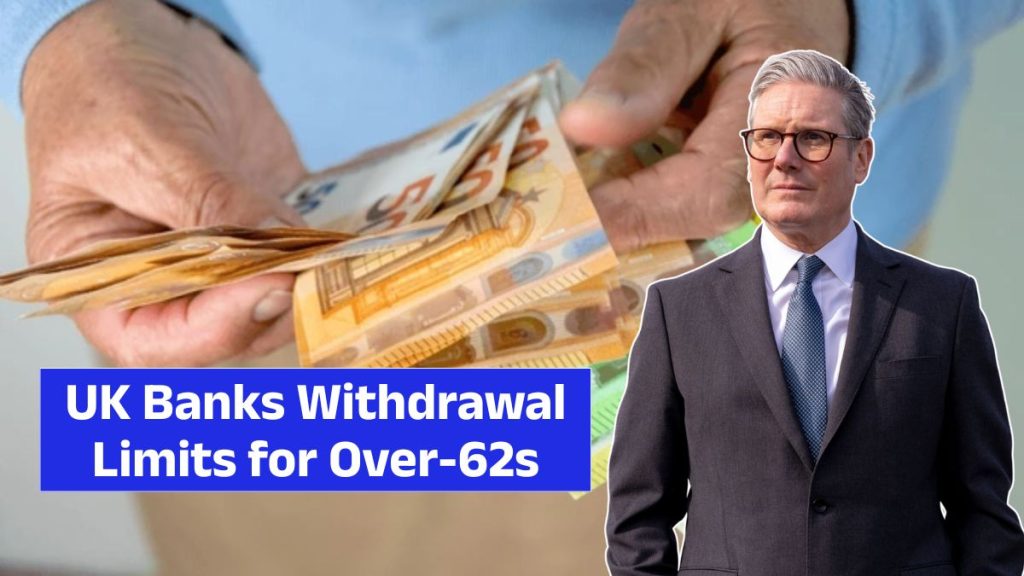The UK government has confirmed a £150 pension increase in 2025 giving older residents much-needed support as the cost of living continues to rise. The Department for Work and Pensions (DWP) says this boost will go to pensioners aged 60 and over, with payments scheduled for September 2025.
Unlike the standard pension increases linked to the triple lock, this payment is a one-off lump sum aimed at easing pressure from energy bills, groceries, and other essentials. Pensioners are being urged to check eligibility rules and payment details to ensure they receive the full amount.
What Is the £150 Pension Increase?
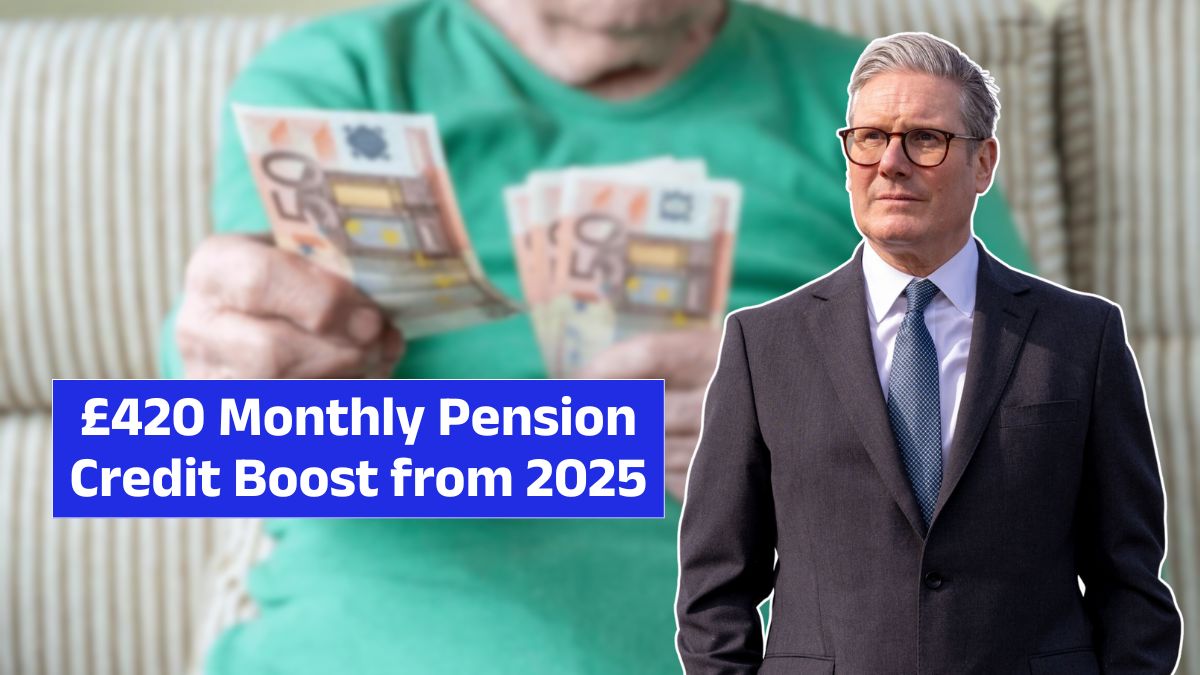
The £150 increase is a single payment added to the State Pension for eligible individuals. It will not be a monthly addition but rather a lump sum transfer, designed to help pensioners handle immediate financial challenges.
This increase complements other support programs, including the Winter Fuel Payment, Pension Credit top-ups, and the Cost of Living Payments already in place for vulnerable households.
Why Has the DWP Introduced This Boost?
The government introduced this one-off support in response to ongoing challenges:
- Rising inflation has pushed up everyday prices.
- Energy and food bills remain significantly higher than pre-2020 levels.
- Fixed-income pensioners face financial strain, often forced to cut back on essentials.
The DWP says the £150 increase is designed to prevent hardship during winter months, ensuring older residents can afford both heating and food.
Who Is Eligible for the £150 Pension Increase?
Eligibility is based on age, pension status, and residency. Pensioners may qualify if they:
- Are aged 60 or above by the DWP’s cutoff date.
- Receive the State Pension or a pension-related benefit.
- Have been resident in the UK for at least part of the qualifying week.
Those receiving Pension Credit may see additional adjustments on top of the £150 payment, offering even more financial relief.
Hidden Rules Pensioners Should Know
While most pensioners will receive the full £150 automatically, certain rules could affect payouts:
- Shared households: Couples or households with multiple pensioners may receive adjusted amounts.
- Income assessments: Higher-income pensioners may face changes in related benefits, though the £150 itself is protected.
- Timing of claim: Those who only recently reached pension age must ensure their claim is processed before the cutoff to qualify.
These hidden rules highlight the importance of checking records with the DWP.
When Will the £150 Be Paid?
Payments are expected to start in mid-September 2025. Most pensioners will see the money automatically deposited into the same account used for their State Pension.
- Bank transfers: Clearly marked as a DWP payment.
- Cheque recipients: A separate cheque will be issued for those who do not use bank transfers.
No separate application is required for most people, but keeping bank details and pension records up to date is crucial to avoid delays.
How Does This Increase Affect Other Benefits?
The DWP has confirmed that the £150 pension boost will be:
- Tax-free – It does not count as taxable income.
- Non-deductible from other benefits – It will not reduce Pension Credit, Housing Benefit, or other entitlements.
However, for households receiving means-tested benefits, the one-off increase may appear in income calculations. Pensioners should check with DWP or Citizens Advice if they are unsure about the impact.
Payment Methods and Identification
Pensioners should watch their accounts carefully during September 2025. Payments will appear as:
- Direct bank transfers with DWP references.
- Cheques for those still receiving pensions by post.
The DWP advises pensioners to contact their helpline if the payment is not received by the end of September.
Wider Benefits for Over-60s
The £150 pension boost forms part of a larger package of government support:
- Winter Fuel Payment: Helps pensioners manage heating costs during colder months.
- Cost of Living Payments: Targeted support for vulnerable households.
- Pension Credit top-ups: Guarantee a minimum level of income for low-income retirees.
Together, these measures aim to ensure older residents can maintain a basic standard of living despite rising costs.
Tips to Maximise Your Pension Benefits
Pensioners can take several steps to make the most of the support available:
- Check eligibility for Pension Credit and related schemes.
- Update DWP records to avoid missed payments.
- Plan ahead for winter costs, including heating, food, and medical needs.
- Seek advice from Age UK or Citizens Advice if unsure about benefit interactions.
Being proactive helps pensioners avoid payment delays and ensures they receive the full range of government support.
5 FAQs on the £150 Pension Increase
Q1: Do I need to apply for the £150 pension increase?
No. Most pensioners will receive it automatically if they qualify.
Q2: When will the payment arrive?
Payments are expected in mid-September 2025, alongside regular State Pension schedules.
Q3: Does this affect my other benefits?
The £150 is tax-free and should not reduce other entitlements, though means-tested benefits may be indirectly affected.
Q4: What if I only just turned 60?
You must ensure your State Pension claim is processed before the DWP cutoff date to receive the payment.
Q5: How can I confirm I received the payment?
Check your bank account or cheque statements. Payments will show as a DWP transfer in September 2025.









